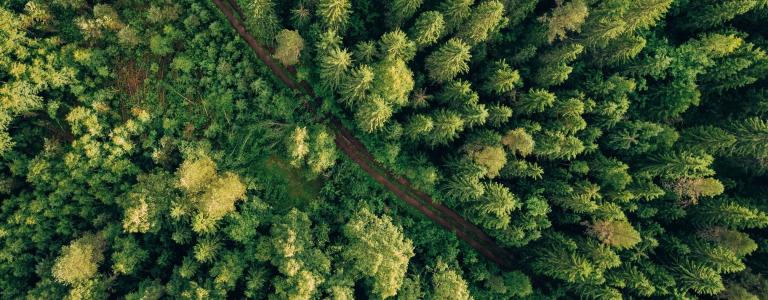Climate Security and Trade in Times of Multiple Crises
BACKGROUND
The Think2030 Dialogue Sweden 2023 will gather decision-makers and analysts from policy, business and research across Europe to debate the key sustainability issues at stake for EU policy.
Countries are attempting to decrease their climate-changing emissions, while facing the immediate and removed effects of wars, economic downturns, increasing impacts of climate change, and growing challenges to accessing food, natural resources and energy. They are doing so despite the changing geopolitical situation and the global arena, while working with clear frustration regarding responsibility and fairness in managing climate adaptation and a fair and just climate transition.
Despite facing other challenges, governments are responding to the urgency of the climate crisis, which requires immediate action to reduce carbon emissions and stop the effects of climate change. Development is in progress of trade policy tools that support climate ambitions and address the challenges of international competition. The design of these regulatory frameworks requires a balance between protecting the environment, stimulating a sustainable transition of industries, and safeguarding global relationships and supply chains.
One of these tools in the EU’s Green Deal is the Carbon Border Adjustment Mechanism (CBAM). The mechanism is criticized by countries that think it entails unfair costs for producers in countries that are not responsible for the climate crisis.
ABOUT THE EVENT
This session aims to generate discussion around the following key questions:
- How should international environmental and climate work be kept alive in times of war and crisis?
- How does the geopolitical situation affect the climate transition in various parts of the world?
- What are the advantages and challenges of the CBAM and other trade policy tools for reducing emissions?
- How can policies be drawn up in such a way that they avoid heightening the geopolitical tensions?
- What other measures are necessary to tackle the global climate challenges, and how are the political tensions addressed?
- How can the EU contribute to increasing the global sustainability standard through supply chains, policies and trade?
- How can the EU contribute to a fair climate transition in a global perspective?
AGENDA SESSION 2
Keynote Speakers
- Henrik Carlsen, Senior Research Fellow SEI and Co-Director, Mistra Geopolitics
- Ieva Baršauskaitė, Senior Policy Advisor, IISD
Policy Panel
- Rashid S. Kaukab, International Trade, Development and Environment Expert
- Marc Vanheukelen, former EU Ambassador Climate Diplomacy, former EU Ambassador to the World Trade Organization, WTO
- Helena Hansson, Professor of Agricultural and Food Economics, Swedish University of Agricultural Sciences, and Programme Director, Mistra Food Futures
Q&A – open to audience
Moderators
- Nathalie Bernasconi-Osterwalder, Interim Co-President and Co-CEO, Vice-President, Global Strategies and Managing Director, Europe, IISD
- Anna Jöborn, CEO, Mistra
Closing remarks - Rapporteur
- Antoine Oger, Head of programme, Global Challenges and SDGs, IEEP
The International Institute for Sustainable Development (IISD) is an award-winning independent think tank working to fulfill a bold commitment: to create a world where people and the planet thrive. The Institute champions sustainable development around the world through innovation, partnerships, research and communications.
The Swedish Foundation for Strategic Environmental Research (Mistra) plays an active part in meeting some of the world's major challenges associated with the environment, the human use of natural resources and the impact this has on our surroundings. The Foundation do it by investing in research that brings sustainable development to society.
